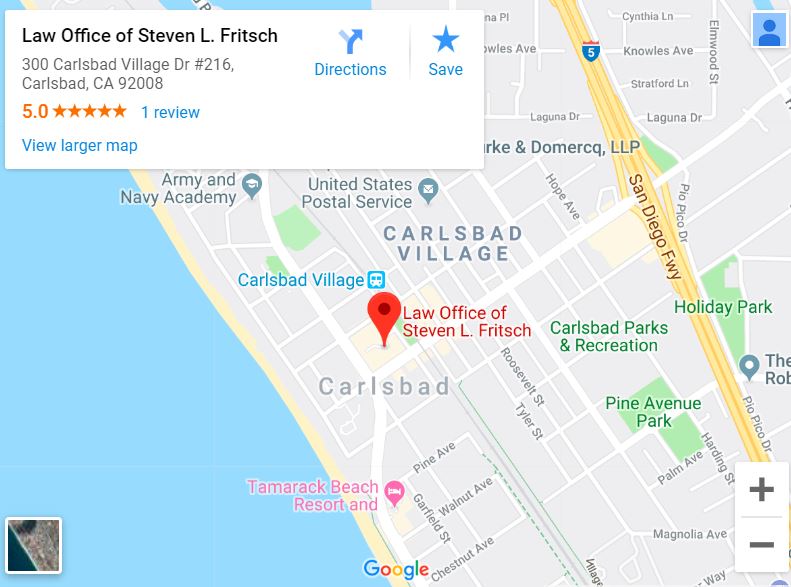In California, domestic partners enjoy nearly all the rights held by married spouses under state law (federal law does not recognize domestic partnerships). Because California does not recognize common law marriage, partners wishing to obtain the protections of marriage who are unable or unwilling to marry must register with the Domestic Partners Registry.
Register a California Domestic Partnership
Domestic partnerships are only available under specific circumstances. Opposite-sex couples can only enter into a domestic partnership if at least one person is over the age of 62. Same-sex couples can enter into a domestic partnership as long as each person is over 18. Additional requirements applying to all couples include
- Sharing a residence in common
- Not being married to or in a domestic partnership with someone else
- Not being related by blood
- Being mentally sound to give consent
Entering into a domestic partnership affects important legal rights including shared property, mutual responsibility for debts, sharing of income earned during marriage, and child custody and support for children in common. As with a marriage, you may want to consider entering into a preregistration agreement (similar to a prenuptial agreement) to protect your rights. Because federal law and other states may not recognize your domestic partnership or preregistration agreement, you should also update your will or other estate planning documents and consider creating healthcare and financial powers of attorney for your partner.
Dissolve a California Domestic Partnership
California has two options for dissolving a domestic partnership. The first is a summary dissolution by filing a notice of termination with the California Secretary of State. There is no need to go to court, but certain criteria must be met including
- Mutual agreement to terminate the domestic partnership
- Not being registered as domestic partners for more than five years
- Not having children in common
- Not owning land or real property
- Having a signed property settlement agreement
- Agreeing to no child or spousal support
- Limits on the value of community property and the amount of outstanding debt
Domestic partners not meeting those requirements can file a petition of dissolution with the California Superior Court. The process is similar to a divorce. The court will resolve issues including property division, child custody and support, and support for a partner who was not working or was earning less than the other. If any issues are contested, each partner has the right to request a hearing. If the partners are in agreement on all issues, they may submit a settlement agreement to the court and avoid going to hearings even if they did not qualify for a summary dissolution. It’s a good idea to discuss any settlement agreement with an attorney to ensure that you are fully aware of all of your legal rights and responsibilities and that the agreement is properly drafted.
Whether you need to register your domestic partnership or dissolve it, the Law Office of Steven L. Fritsch is here to help you. Call today for a free confidential consultation.
